We’ve noticed that not everyone is familiar with the different ways in which we can help you if you have a simulation challenge. In this blog post, I want to go through the different options, explain what they are, for who they are available, and how to request this type of help.
Perhaps we can do more for you than you think!
1. Solve a simulation challenge for you
TECHNIA offers consultancy services: if you have a simulation challenge, you can outsource it to us. This can be method development, automation, something new you want to do in Abaqus but don’t have the time to learn yourself, etc.
We believe that for a successful project, communication is extremely important. We start by asking questions to understand what your needs are, and how we can be of benefit. Typically, information specific to the problem, such as a geometry file, is needed in an early stage, so that we all know what to expect. Based on this, we will create a proposal – usually fixed-price. If you agree, we will start the work. Of course we will keep you informed of the status, as well as any unexpected situations. Depending on the type of project, results are delivered in a report, presentation, .cae file, plugin, … or a combination of these. It is never a problem for us to share simulation files with you.
If you are interested in this, please contact us to start discussing your simulation challenges!
2. Provide examples
Since you are reading this blog posts you are probably already familiar with our blog, which gives many examples of the usage of Abaqus and other Simulia software. We even used it as a sort of external memory ourselves sometimes!
Additionally, our knowledge center has many tutorials on Abaqus and Isight. The descriptions of what to do and other relevant files are available free of charge. This is a great way to gain some experience on a new topic.
3. Teach you how to use Abaqus (beginner and advanced)
We offer many different trainings, ranging from introductory trainings in Abaqus, Isight, Tosca or FE-Safe to more advanced or specific trainings on topics such as solving convergence issues, hyperelasticity, composites, and Abaqus for offshore analysis.
Our training agenda shows our upcoming class rooms trainings. It is also possible to book a company-specific training. In this case, we are not limited to pre-planned dates or topics. Topics from different trainings can be combined, and it is also possible to discuss the specific challenges you are facing. If you are interested in this, please contact us. We'd love to think with you in order to provide a training that truly matches your needs and wishes!
4. Answer questions on the software
For our software customers, technical support is included in the contract. This means they can ask questions on (how to use) software features, unexpected model behavior etc. This can be done via the dsxclient, the 3dsupport app, our support e-mail or our support telephone number. If you would like us to provide software support for you without being our Abaqus customer, then please contact us to discuss the possibilities of doing this as a form of consultancy.
5. Advise you on which approach to take
As an additional service to our software customers, we can advise them on which approach to take when setting up a new analysis. This is intended especially for finite element engineers that don't have colleagues to discuss this with, for example, because they are the only finite element engineer in the company. Software customers wanting to make use of this offer, can send a description of the problem and any relevant files to our support e-mail address. We will then get back to you and determine the best way to discuss your challenge.
6. Provide expert opinion on the model you are working on
For both our software customers and other software users, we can help you solve the questions you have on the specific model you are working on. This can be issues with unexpected behavior that don't fall under support, questions on how to set things up, convergence issues, questions on obtaining output, etc. If you feel you are somehow stuck with your simulation or simply have the feeling that some things may be done better or more efficiently, you can contact us for something that we call a paid mentoring session.
During such a session you show the model you are working on and explain what the issues are, and we provide feedback on this. We typically request some information beforehand to assess whether a mentoring session is likely to be beneficial and how much time should be allocated. The amount of time needed is usually between an hour and a day. Consultancy rates apply and this is mostly done on an hourly rate basis. These sessions typically take place at our office in 's-Hertogenbosch, the Netherlands. They can also be done remotely, e.g. via Skype.
Some more complex questions or situations cannot be handled on the spot, or require extensive throughput time. In these cases we can take up the troubleshooting of your model for you, either by providing you with instructions on what to try out, or by doing it ourselves. We'll make a clear agreement on what the goal is and how much time can be spent at most. Good communication is best for both sides!
7. Conclusion
So, if you are running into something SIMULIA related, don't hesitate to contact us, so that together we can find a good way to help you out.
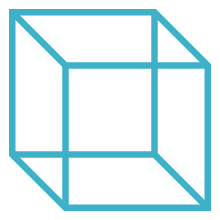
 Advanced Simulation
Advanced Simulation



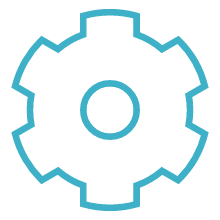
 Engineering
Engineering
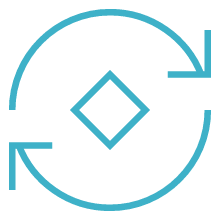
 PLM
PLM